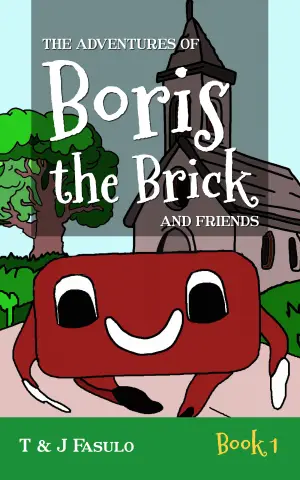Exploring Boy Soldier: Coming of Age During World War II
Growing up, I often found myself captivated by tales of heroism and the tumultuous history of the World War II era, fueled by a desire to understand how a young man could be thrust into such a world so quickly. That yearning led me to Russell McLogan’s Boy Soldier: Coming of Age During World War II. This autobiographical account of McLogan’s experiences as an 18-year-old infantryman during a time of global turmoil resonated with me on a personal level, evoking both empathy and admiration for those who lived through such defining moments in history.
Themes and Narrative
At its core, Boy Soldier weaves together McLogan’s poignant coming-of-age story with the historical events surrounding him. Drafted just out of college, he navigates the grueling and often harsh realities of Army life, illustrating the stark contrast between his youthful hopes and the grim duties he is assigned as a rifleman. The book recounts his time training and serves as an eye-opening exploration of the daily life of a soldier — filled with humor, raw language, and visceral experiences that bear the weight of his youth. McLogan’s candid reflections on his combat experiences in the Philippines and later in Korea offer a glimpse into a soldier’s psyche, deepening our understanding of the path to manhood in wartime.
Writing Style and Pacing
McLogan’s writing style is both engaging and scholarly, adeptly balancing extensive research with a personal touch that is quite compelling. The pacing is methodical yet captivating, allowing readers to gain insight into both the global events shaping history and McLogan’s personal journey of maturation. As I delved deeper into the narrative, I found myself particularly drawn to his candid descriptions of the friendships formed amidst the chaos, the fear that lingered during combat, and the vivid depiction of battle—all expertly supported by maps and illustrations.
One quote that resonated with me was McLogan’s reflection on the transformative nature of war: “In the fires of conflict, we are shaped; our innocence is burned away, and what emerges is a man who has faced the world’s darkest corners.” It’s a haunting reminder that maturity often demands profound sacrifices.
Conclusion
I wholeheartedly recommend Boy Soldier to anyone fascinated by World War II, military history enthusiasts, or those interested in personal stories of resilience and growth. McLogan’s earnest account navigates the complexities of youth against a backdrop of extraordinary historical significance and personal sacrifice. For me, reading this book was not just an exploration of the past; it was a journey into understanding how those experiences resonate in our lives today. It’s a testament to the human spirit and the profound ways in which life shapes us, even amid the greatest turmoil.
Ultimately, Boy Soldier is not just a memoir of war; it’s an exploration of identity, growth, and the indomitable will to return to a semblance of normalcy after the storm. If you’re seeking a rich, textured narrative that informs and inspires, McLogan’s story will undoubtedly leave its mark.
You can find Boy Soldier: Coming of Age During World War II here >>





